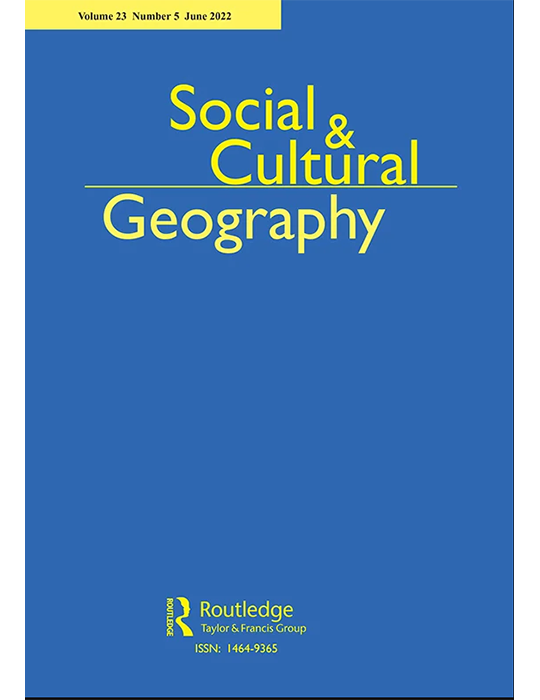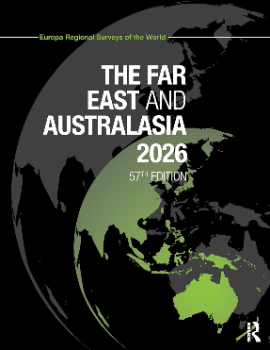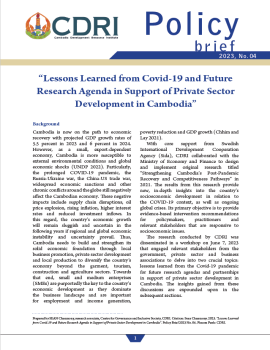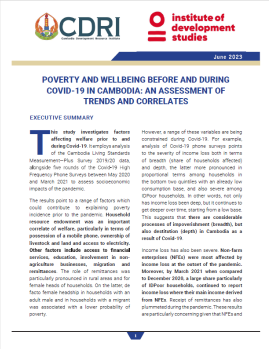
Abstract/Summary
Drawing on 203 quantitative surveys with women workers in Cambodia and a further set of semi-structured interviews with 60 original participants, this paper is one of the very first to present empirically grounded research from garment workers on the financial challenges of navigating the first year of the COVID-19 pandemic. We show how in the making of clothes to be worn by Western consumers, poorly paid garment workers are reducing their eating to repay long-term debts and those newly taken on to cope with wage reductions resulting from factory closures, suspensions, and cuts in working hours. In its examination of this phenomenon, the paper improves understanding of the gendered contingencies of the COVID-19 pandemic and the ‘wearing out’ of garment workers through their attempts to reproduce life under (pre-existing) conditions of privation. We argue that the debt-hunger nexus is not new but reflects problems within Cambodia’s capitalist development, and capitalism itself, as the costs of social reproduction and risk are privatised and financialised in the body politic. The COVID-19 pandemic is consolidating relations with financialised life such that they will outlast its duration and have long-lasting implications for workers and their families globally.
Link to the article https://www.tandfonline.com/doi/full/10.1080/14649365.2022.2055778



